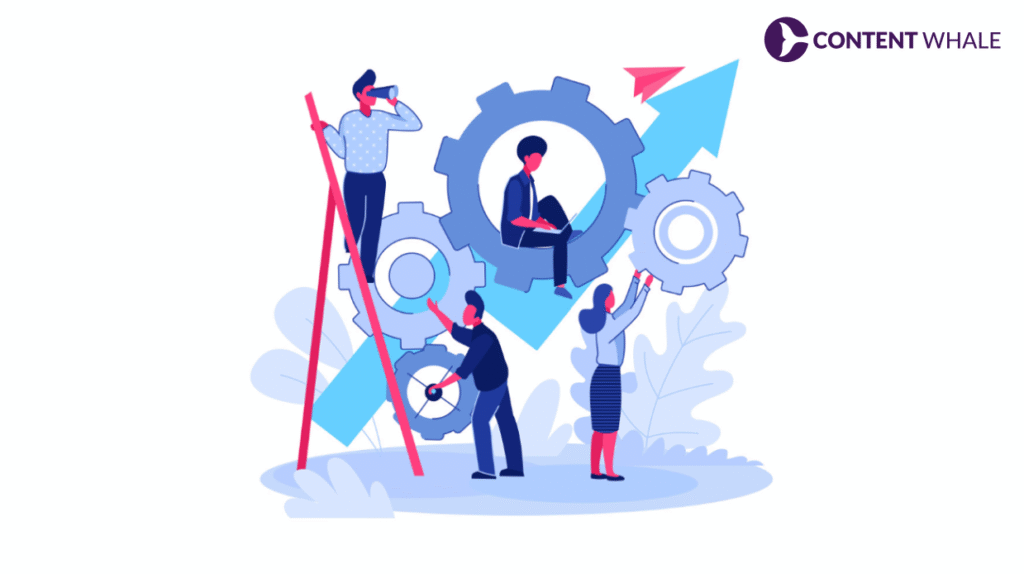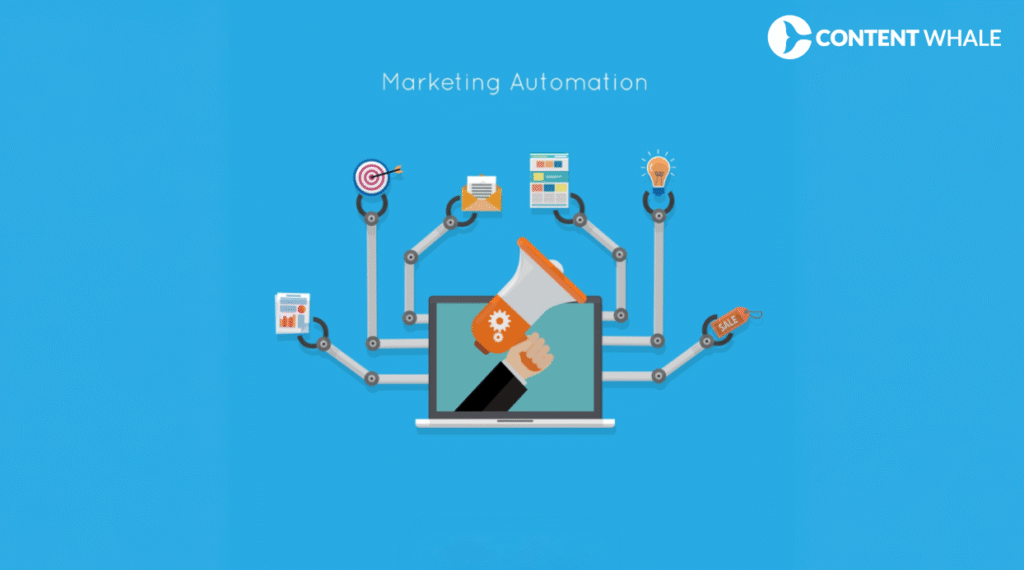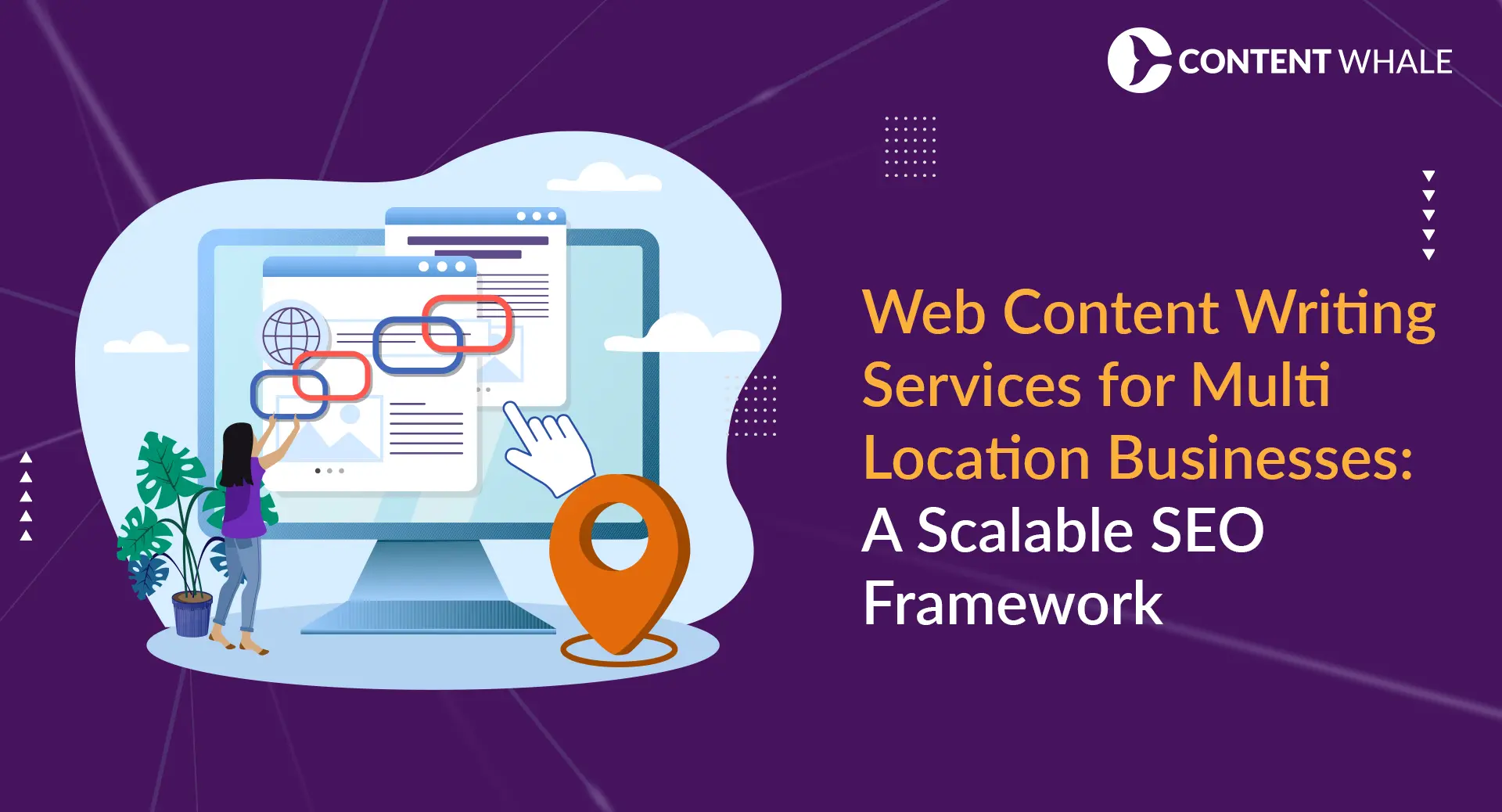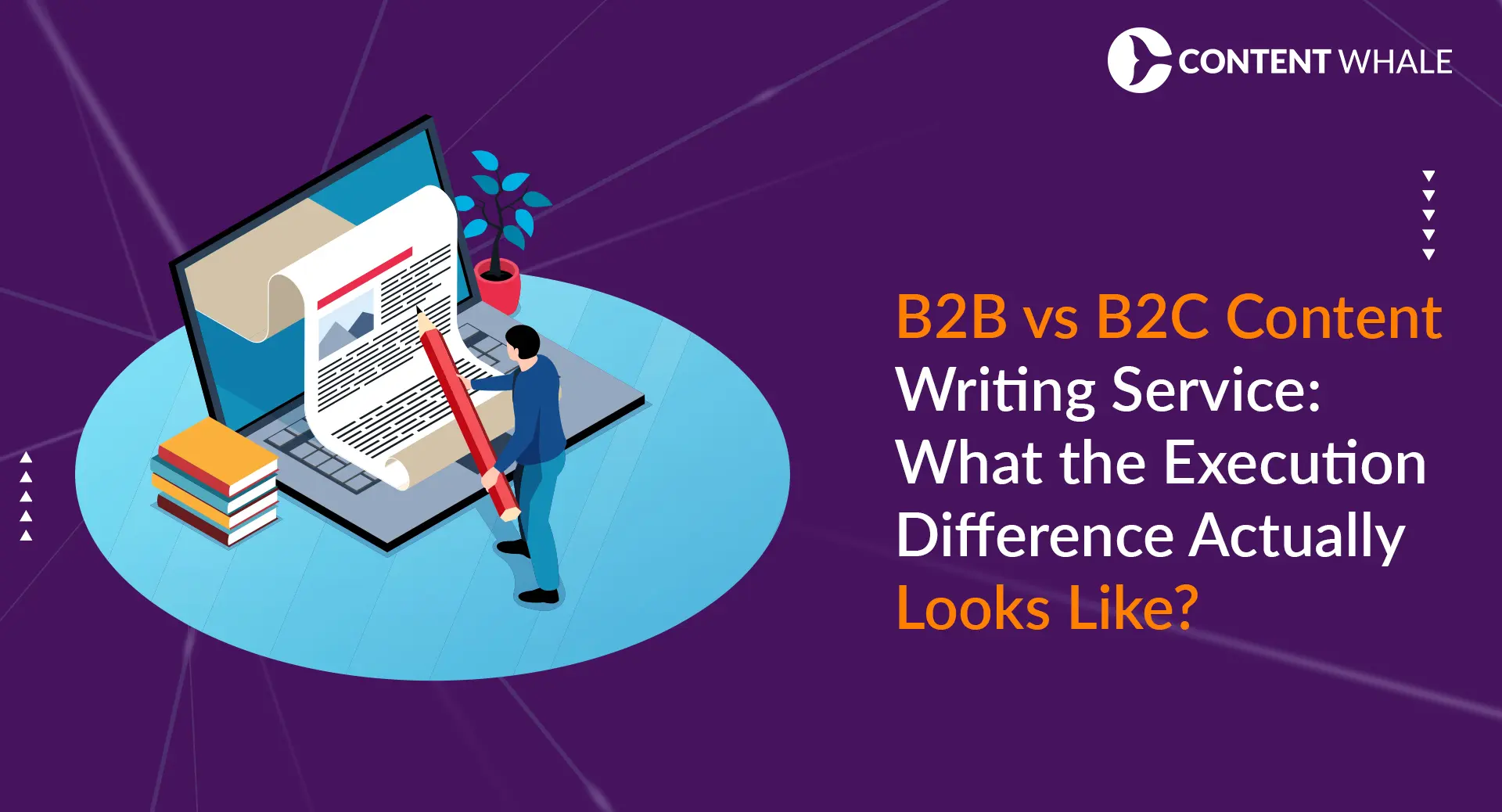Search behavior has fundamentally transformed. By 2026, 25% of organic traffic is predicted to shift from traditional search engines to AI chatbots and virtual agents (Source). The numbers paint a stark picture: when Google’s AI Overviews appear in search results, click-through rates for top-ranking organic content drop by 34.5% (Source). Voice commerce alone is projected to reach $80 billion in annual value, signaling a massive shift in how consumers find and interact with information online.
Traditional SEO strategies, while still valuable, no longer capture the complete picture of digital visibility. AI-powered platforms like ChatGPT, Google AI Overviews, Perplexity AI, and Microsoft Copilot are changing how people discover brands, products, and services.
The solution lies in answer engine optimization, a strategic approach that positions your content to be cited, quoted, and featured by AI platforms. This guide will explore the leading answer engine optimization(aeo) platforms available in 2025, breaking down their features, pricing, and ideal use cases for maximizing your AI search visibility.
What Makes an Answer Engine Optimization Platform Effective?
Not all answer engine optimization platforms deliver the same value. The most effective tools share several core capabilities that separate leaders from basic monitoring solutions.
Real-Time Citation Tracking Across Multiple AI Engines
Premium AEO platforms monitor your brand mentions across ChatGPT, Google AI Overviews, Perplexity, Gemini, Microsoft Copilot, and emerging AI search tools. This matters because only 11% of domains are cited by both ChatGPT and Perplexity, meaning single-platform tracking leaves massive blind spots.
Content Analysis and Optimization Recommendations
Top-tier platforms analyze your existing content and provide actionable recommendations:
- Schema markup implementation and accuracy
- Content structure and readability for AI parsing
- Question-answer formatting effectiveness
- Authority signals and E-E-A-T compliance
Competitive Intelligence Features
Leading platforms reveal which sources dominate AI citations in your industry, the content types AI engines prefer, and the patterns that generate higher citation rates. This competitive intelligence forms the foundation for effective AEO strategies.

Comprehensive Answer Engine Optimization Platforms
For organizations serious about AI search visibility, comprehensive platforms offer the deepest insights and most robust feature sets for answer engine optimization.
Profound – Enterprise-Grade AI Visibility Platform
Profound stands as the most comprehensive AI search monitoring platform, tracking how large language models cite your brand across multiple engines.
Key features:
- Real-time citation tracking across major AI platforms
- Conversation Explorer for trending topics and brand mentions
- Agent Analytics for understanding AI crawler behavior
- SOC 2 Type II compliance and enterprise security
- Advanced sentiment analysis and misinformation detection
Pricing operates on a custom enterprise model based on scale and features needed.
OmniSEO – Multi-Platform Tracking Solution
OmniSEO tracks mentions and citations across AI chatbots, AI engines, and AI-powered experiences. The platform integrates with existing analytics workflows, making it suitable for mid-sized businesses already invested in traditional SEO tools.
Goodie AI – End-to-End AEO Platform
Goodie AI offers monitor, analyze, and act functionality in one ecosystem. Starting at $300 monthly, the platform provides attribution module integration with GA4, automated answer snippet builder, and journey mapping from prompt to purchase. The clean UI makes answer engine optimization accessible to teams without deep technical expertise.

Budget-Friendly Answer Engine Optimization Tools
Small businesses and agencies testing answer engine optimization strategies need affordable entry points that deliver meaningful insights.
Peec.AI – Cost-Effective Monitoring Solution
Peec.AI offers AI search monitoring for small to medium businesses starting under $99 monthly:
- Basic citation tracking across ChatGPT and Google AI Overviews
- Simple dashboard for brand mentions
- Schema validation tools
- Affordable pricing that scales with growth
Otterly.AI – Affordable Citation Monitoring
Otterly.AI rolls AEO basics into $49 monthly plans. The platform includes citation monitoring, prompt-mapping, sentiment analysis, and a GEO-Audit tool that converts gaps into Trello tasks for seamless workflow integration.
BrandLight.ai and BrandRank.AI
BrandLight.ai and BrandRank.AI serve brands completely new to answer engine optimization. These platforms offer core monitoring features, citation tracking, basic sentiment analysis, and simple reporting without enterprise complexity.
Specialized Answer Engine Optimization Platforms
Specialized answer engine optimization platforms target specific optimization challenges and workflows.
AthenaHQ – Prompt-Level Share-of-Voice Analysis
Founded by ex-Google and DeepMind engineers, AthenaHQ streams prompt-level share-of-voice data and missed-citation alerts directly into Jira or Linear. The platform excels at granular analysis of which specific prompts generate competitor citations and provides real-time alerts when your brand drops from AI responses.
Scrunch AI – Content Collaboration Focus
Scrunch AI earned its position through a clean UI and AI prompt testing features. The $4 million seed round validates the platform’s approach to making answer engine optimization accessible.
Key features:
- Collaborative workspace for AI-optimized content creation
- Hallucination alerts for finance and health sectors
- Competitive share-of-voice charts
- Coverage across Google SGE, ChatGPT, Perplexity, and Gemini
Writesonic AI Visibility Tool
Writesonic combines AI-powered content generation with built-in answer engine optimization. The platform offers content scoring, CMS integration, and performance tracking across traditional and AI search engines, making it valuable for content teams scaling production while maintaining AEO best practices.

Traditional SEO Tools Expanding into Answer Engine Optimization
Established SEO platforms are rapidly adding answer engine optimization capabilities, allowing teams to manage both traditional and AI search optimization from familiar interfaces.
Semrush’s AEO Features
Semrush positions answer engine optimization as the third most critical SEO shift of 2025. The platform now includes featured snippet tracking, AI Overview monitoring, and content optimization recommendations specifically for AI visibility. Marketers can blend classic SEO and AEO metrics in the same dashboard.
Ahrefs Brand Monitoring
Ahrefs expanded beyond traditional backlink analysis to include brand mention tracking across AI platforms. The integration allows teams to view traditional SEO metrics alongside AI citation data in a unified view.
BrightEdge Prism
BrightEdge Prism serves as an enterprise-ready bridge from SEO to AEO with comprehensive integration. Large marketing teams benefit from unified reporting, workflow continuity, and the ability to optimize content simultaneously for traditional search and AI-powered platforms.
Key Features to Look for in Answer Engine Optimization Platforms
Selecting the right answer engine optimization platform requires evaluating specific capabilities:
- Platform coverage breadth: Verify the number of AI engines tracked. Comprehensive platforms monitor ChatGPT, Google AI Overviews, Perplexity, Gemini, and Microsoft Copilot.
- Accuracy of citation detection: The platform should accurately identify when and how your brand appears in AI responses with advanced sentiment analysis.
- Schema markup tools: Look for platforms that validate schema accuracy and suggest implementation improvements for FAQ, HowTo, Product, and Organization schema types.
- Integration capabilities: Seamless integration with Google Analytics 4, content management systems, and existing SEO platforms prevents workflow disruption.
Additional critical features:
- Data security and compliance certifications (SOC 2, GDPR)
- Reporting and dashboard customization
- Historical data and trend analysis
- Alert systems for brand mentions and dropped citations
- Multi-user collaboration features
Pricing transparency: Evaluate whether pricing scales reasonably with business growth and avoid platforms with opaque pricing models.
Measuring Success with Answer Engine Optimization Tools
Effective answer engine optimization requires tracking metrics fundamentally different from traditional SEO success indicators.
Citation frequency across platforms measures how often AI engines reference your brand when answering relevant queries, directly indicating AI trust in your content.
Brand mention sentiment scores reveal not just whether AI platforms cite your brand, but how they describe it, positive sentiment indicates accurate, favorable representation.
Referral traffic from AI engines tracks visitors arriving from ChatGPT, Perplexity, and other AI platforms, quantifying actual traffic impact from AEO efforts.
Conversion rates from AI-referred visitors often exceed traditional search traffic conversion rates, as users arriving through AI recommendations exhibit higher intent.
Additional metrics include:
- Share-of-voice compared to competitors
- Content optimization scores tracking improvement
- Schema implementation coverage
- Time-to-citation improvement for new content
- Assisted revenue from AI engines through attribution modeling
Implementing Answer Engine Optimization: Platform Selection Strategy
Selecting and implementing the right answer engine optimization platform requires a strategic, phased approach.
- Assess your SEO foundation: AI platforms rely heavily on content quality, site authority, and technical optimization. Organizations with weak traditional SEO should strengthen that foundation before investing heavily in AEO platforms.
- Define budget and team resources: Entry-level platforms start under $100 monthly, while enterprise solutions require significantly larger investments. Match platform sophistication to team capacity.
- Identify priority AI platforms: Research which AI tools your target audience uses most frequently to focus optimization efforts effectively.
- Begin with a visibility audit using entry-level tools to establish baseline citation frequency and identify immediate opportunities.
- Scale to comprehensive platforms as your strategy matures. Early efforts might succeed with basic monitoring, but sustained competitive advantage requires deeper insights.
- Plan for a 3-6 month timeline to see measurable results. Brands typically observe 40-60% improvement in AI citations within this timeframe when implementing consistent AEO strategies.

The Relationship Between Answer Engine Optimization and Traditional SEO
Answer engine optimization and traditional SEO operate as complementary strategies rather than competing approaches.
How AEO complements SEO: AI platforms source information from web content that traditional search engines index. Strong SEO ensures your content is discoverable by AI crawlers.
Overlapping tactics: Both strategies prioritize authoritative, well-researched content that addresses user intent. Backlinks from trusted sources signal credibility to both Google’s algorithm and AI platforms.
Different optimization goals: Traditional SEO aims for high rankings that generate clicks. Answer engine optimization focuses on being cited within AI responses, even if users never click through.
Why both strategies matter: Users employ multiple search methods. Comprehensive visibility requires optimization for both channels.
Integration opportunities:
- Unified content creation addressing keywords and question-based queries
- Schema markup serving featured snippets and AI citations
- Authority building through E-E-A-T principles benefiting both traditional rankings and AI trust
How Content Whale Can Help?
Content Whale specializes in creating citation-worthy content specifically optimized for AI platforms, combining deep answer engine optimization expertise with proven content development capabilities.
Research-backed content strategies align with answer engine optimization best practices:
- Direct, unambiguous answers positioned prominently
- Comprehensive topic coverage demonstrating expertise
- Authority signals and credible source citations
- Natural language addressing conversational queries
We audit existing content, identify optimization opportunities, and systematically improve AI citation potential.
Conclusion
The shift from traditional search engines to AI-powered platforms represents the most significant change in digital discovery since Google’s launch. By 2026, 25% of organic traffic will flow through AI chatbots and virtual agents.
Answer engine optimization platforms fall into four categories: comprehensive enterprise solutions like Profound offering deep analytics, budget-friendly options including Peec.AI for businesses testing AEO strategies, specialized tools such as AthenaHQ targeting specific workflows, and expanded SEO platforms like Semrush integrating traditional and AI search optimization.
Contact Content Whale today to transform your content into an AI-cited authority in your industry.
FAQs
What is the difference between AEO and GEO?
Both terms refer to the same strategy, optimizing content for AI platforms like ChatGPT and Google AI Overviews to earn citations and brand mentions.
How much do answer engine optimization platforms cost?
Platforms range from $49/month for basic tools like Otterly.AI to custom enterprise pricing for solutions like Profound and Goodie AI.
Can small businesses compete in answer engine optimization?
Yes, AI engines prioritize content quality over brand size, allowing well-optimized small businesses to achieve citations alongside larger competitors.
How long does it take to see AEO results?
Most brands see initial improvements within 4-6 weeks, with significant gains appearing after 3 months of consistent optimization efforts.





